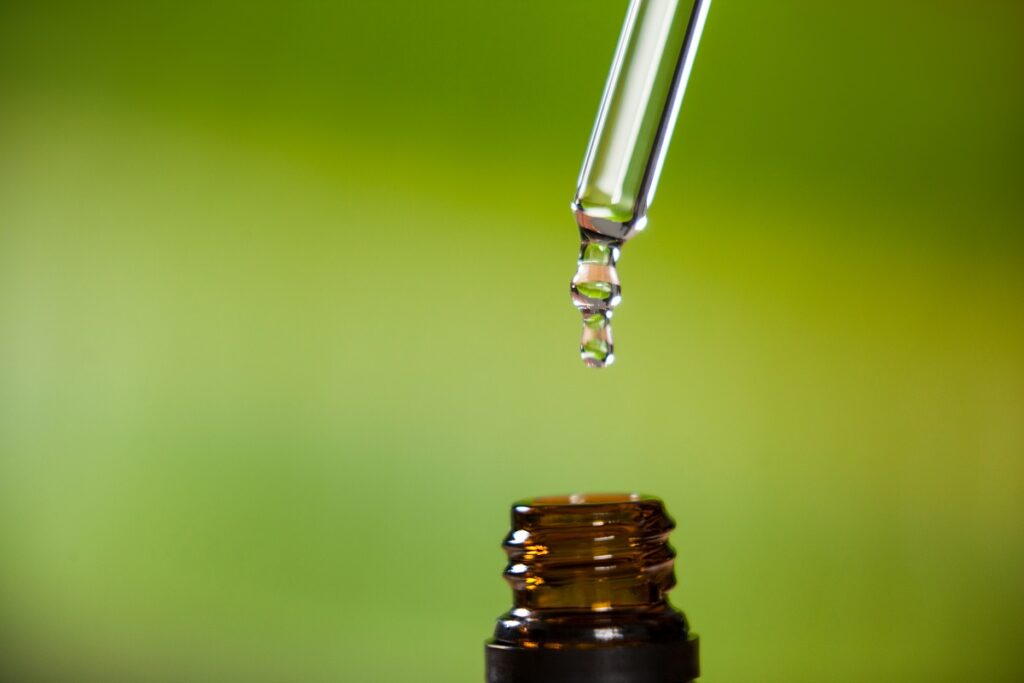
In a world increasingly focused on natural and holistic health, antibacterial essential oils have gained widespread recognition. These plant-based oils, extracted through steam distillation or cold pressing, not only offer therapeutic aromas but also possess powerful antimicrobial properties. Let’s explore what makes antibacterial oils so effective, their benefits, and how to use them safely.
What Are Antibacterial Oils?
Antibacterial oils are essential oils or carrier oils that contain compounds capable of inhibiting or killing bacteria. These oils are derived from various plants, herbs, and flowers known for their natural defense mechanisms against microbial threats. They’ve been used in traditional medicine for centuries for disinfecting wounds, treating infections, and purifying environments.
Top Antibacterial Essential Oils
Here are some of the most effective antibacterial oils widely used today:
1. Tea Tree Oil
- Botanical name: Melaleuca alternifolia
- Key properties: Broad-spectrum antibacterial, antifungal, antiviral
- Uses: Acne, cuts, skin infections, homemade cleaners
2. Eucalyptus Oil
- Botanical name: Eucalyptus globulus
- Key properties: Kills airborne bacteria, clears respiratory tract
- Uses: Diffusion, chest rubs, cleaning sprays
3. Lavender Oil
- Botanical name: Lavandula angustifolia
- Key properties: Mild antibacterial, calming
- Uses: Wound healing, burns, baby-safe applications
4. Lemongrass Oil
- Botanical name: Cymbopogon citratus
- Key properties: Antibacterial, antifungal, insect-repelling
- Uses: Deodorants, foot sprays, room fresheners
5. Oregano Oil
- Botanical name: Origanum vulgare
- Key properties: Extremely potent antimicrobial due to carvacrol
- Uses: Skin infections, diluted applications for immune support
6. Clove Oil
- Botanical name: Syzygium aromaticum
- Key properties: Strong antibacterial and antiseptic
- Uses: Oral care, pain relief, insect-repellent blends
How to Use Antibacterial Oils
Antibacterial oils can be used in various ways for personal, home, and health care. Here are safe methods of application:
- Topical Application:- Dilute essential oils in a carrier oil like coconut, jojoba, or almond oil. Ideal for skin infections, minor wounds, or acne.
- Aromatherapy/Diffusion:- Add a few drops to a diffuser to purify air, especially during cold and flu season.
- Natural Cleaning :- Mix with vinegar, water, and baking soda for an effective, toxin-free home disinfectant.
- Bath & Body Products:- Add to DIY soaps, body washes, and hand sanitizers for added protection.
Safety Tips
- Always dilute essential oils before applying to the skin.
- Avoid ingestion unless guided by a certified aromatherapist.
- Conduct a patch test before full use.
- Avoid use in infants or during pregnancy unless oils are proven safe.
Conclusion
Antibacterial oils offer a natural, effective alternative to synthetic chemicals in managing germs and promoting health. Whether you’re crafting your own body care products or simply looking to purify your space, these oils deliver potent protection—with the bonus of pleasant, uplifting aromas. As with any natural remedy, mindful and informed use ensures maximum benefit and safety.